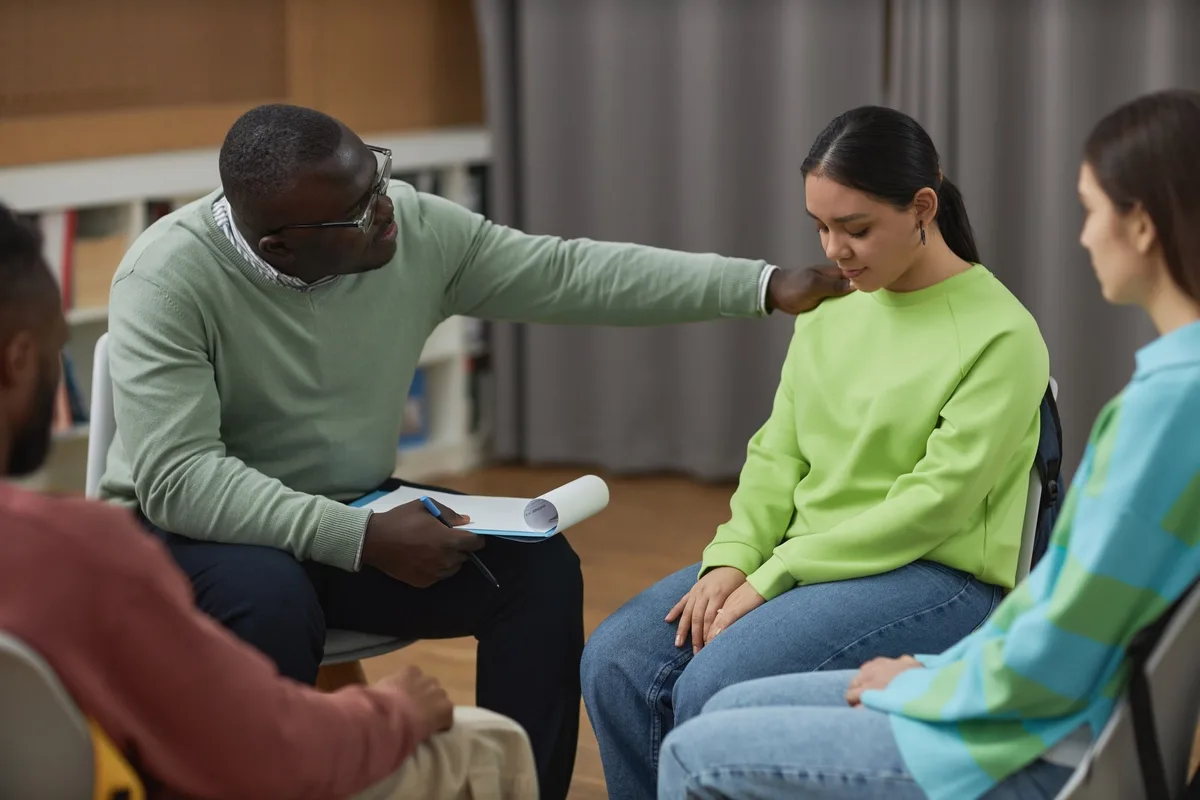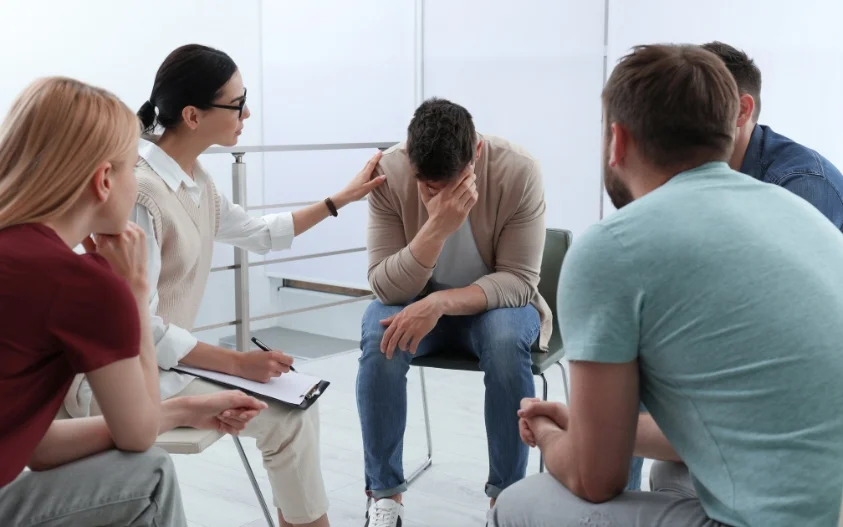24/7 Helpline:
(866) 899-221924/7 Helpline:
(866) 899-2219
Learn more about PTSD Treatment centers in Blaine County

Other Insurance Options

Private insurance

State Farm

GEHA

UnitedHealth Group

Choice Care Network

Lucent

Magellan Health

Evernorth

Ceridian

Health Partners

EmblemHealth

Premera

Anthem

BHS | Behavioral Health Systems

Sliding scale payment assistance

Oxford

Magellan

Providence

BlueShield

Coventry Health Care

Red Rock Behavioral Health Services
Red Rock Behavioral Health Services is a private rehab located in Watonga, Oklahoma. Red Rock Behavi...






















































YouthCare of Oklahoma
YouthCare of Oklahoma is an outpatient clinic that provides mental health and substance use treatmen...




















